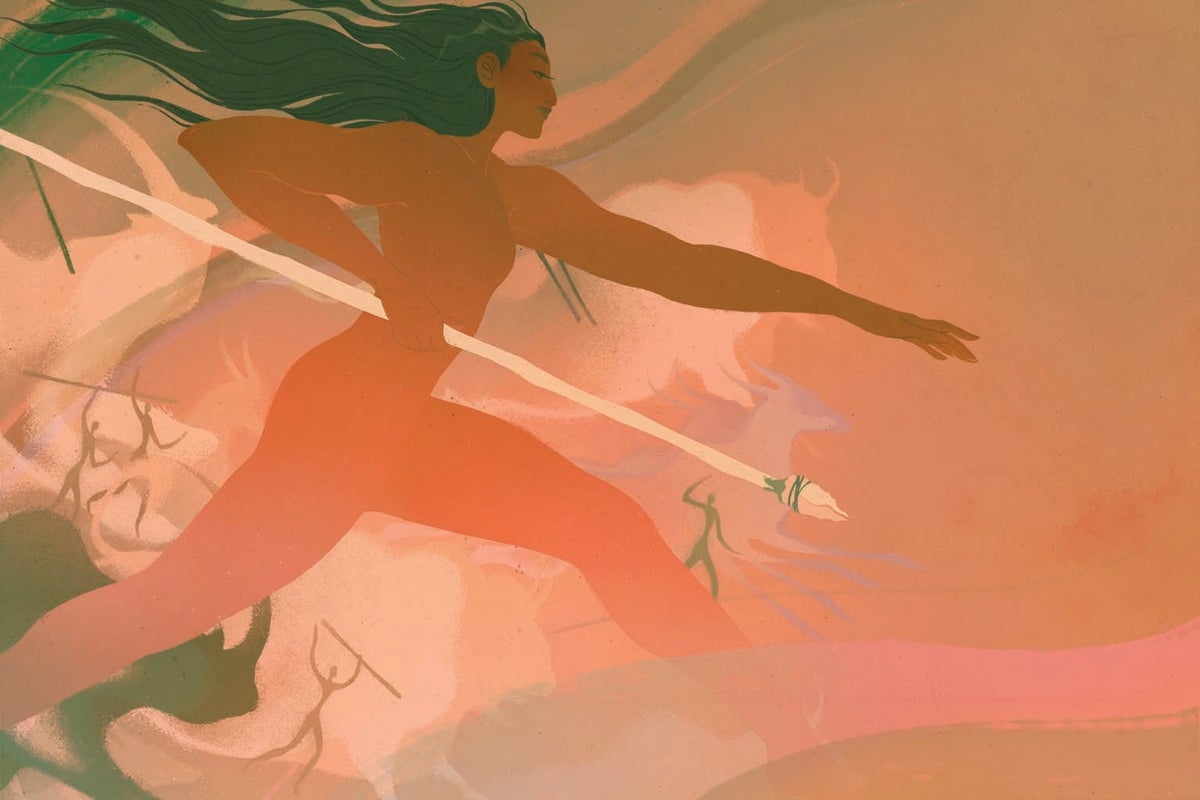

All your questions are answered within the article. In most cases a few sentences before and/or after your quotes.
Of all the things you mention I agree that the word dominating is not the correct one in this paragraph:
If you follow long-distance races, you might be thinking, wait—males are outperforming females in endurance events! But this is only sometimes the case. Females are more regularly dominating ultraendurance events such as the more than 260-mile Montane Spine foot race through England and Scotland, the 21-mile swim across the English Channel and the 4,300-mile Trans Am cycling race across the U.S. Sometimes female athletes compete in these races while attending to the needs of their children. In 2018 English runner Sophie Power ran the 105-mile Ultra-Trail du Mont-Blanc race in the Alps while still breastfeeding her three-month-old at rest stations.




I should have said questions and conserns.